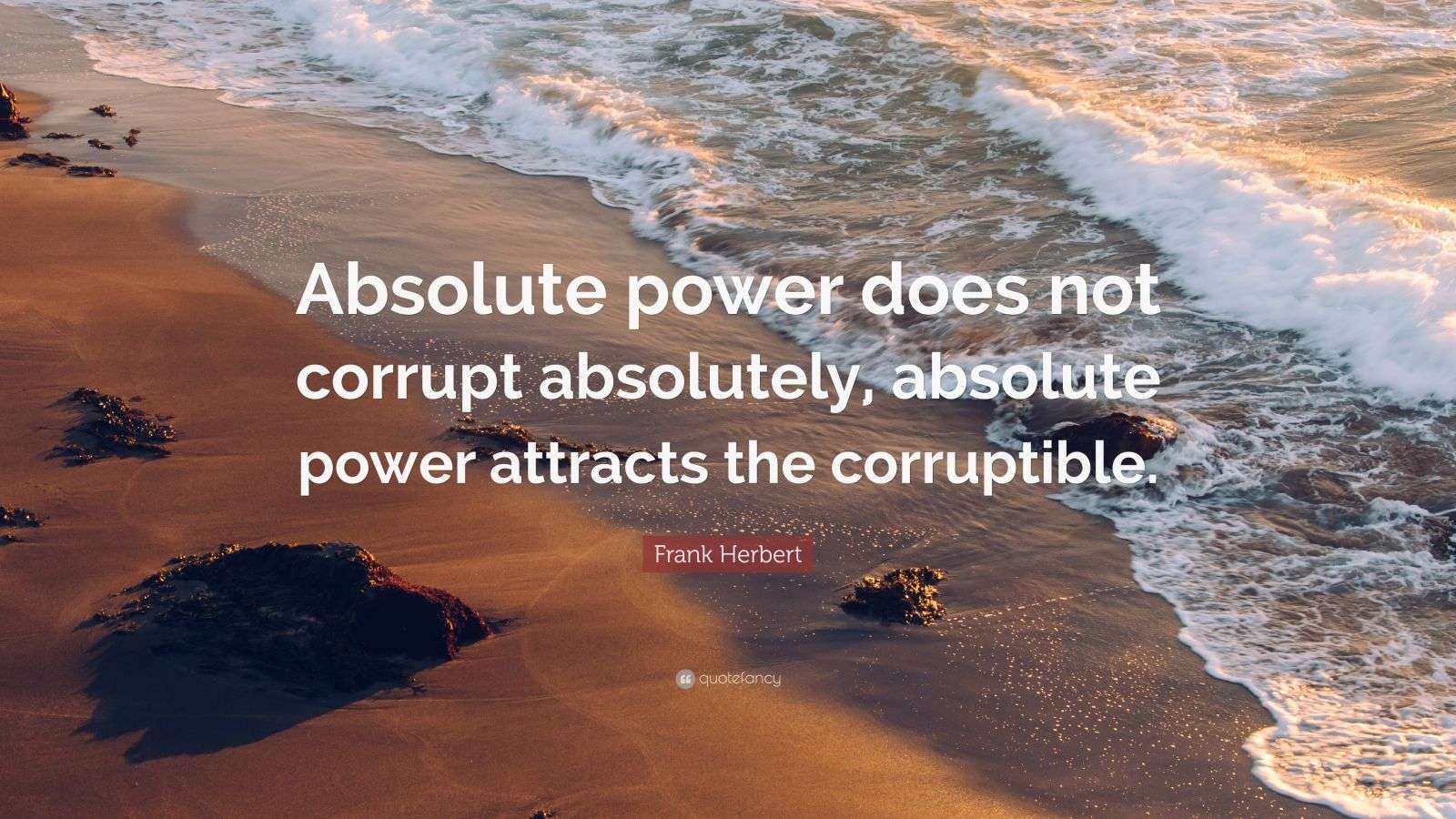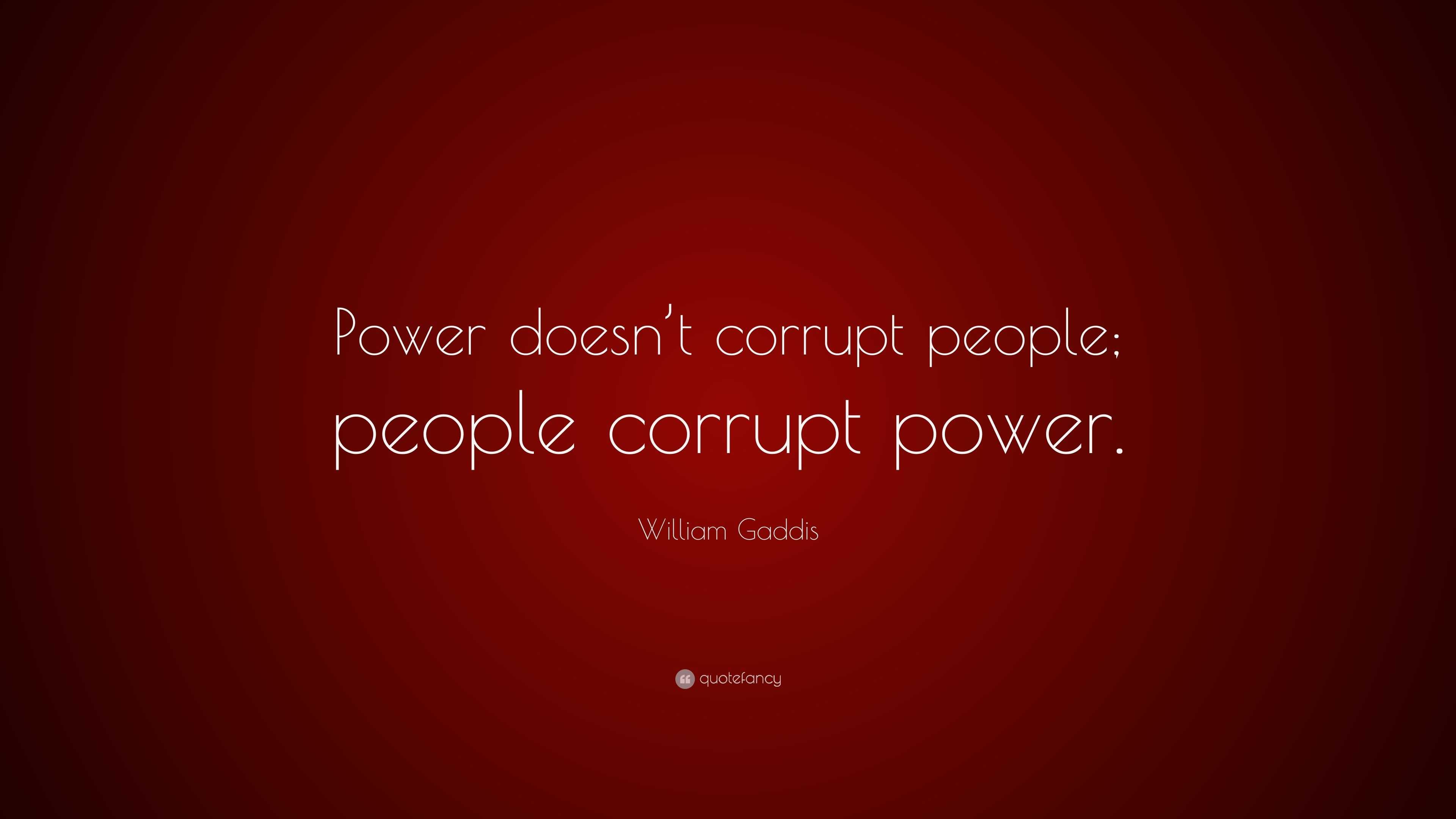
These findings suggest that iconic abuses of power-Jeffrey Skilling’s fraudulent accounting at Enron, Tyco CEO Dennis Kozlowski’s illegal bonuses, Silvio Berlusconi’s bunga bunga parties, Leona Helmsley’s tax evasion-are extreme examples of the kinds of misbehavior to which all leaders, at any level, are susceptible. And recent research led by Danny Miller at HEC Montréal demonstrated that CEOs with MBAs are more likely than those without MBAs to engage in self-serving behavior that increases their personal compensation but causes their companies’ value to decline. Surveys of employees in 27 countries have revealed that wealthy individuals are more likely to say it’s acceptable to engage in unethical behavior, such as taking bribes or cheating on taxes.
#Corrupt life drivers
In another experiment, Paul Piff of UC Irvine and I found that whereas drivers of the least expensive vehicles-Dodge Colts, Plymouth Satellites- always ceded the right-of-way to pedestrians in a crosswalk, people driving luxury cars such as BMWs and Mercedes yielded only 54% of the time nearly half the time they ignored the pedestrian and the law. Studies show that wealth and credentials can have a similar effect. In addition, the leaders were more likely to eat with their mouths open, lips smacking, and crumbs falling onto their clothes. The question was: Who would take a second treat, knowing that it would deprive others of the same? It was nearly always the person who’d been named the leader. In all groups each person took one and, out of politeness, left the extra cookie.
#Corrupt life plus
A half hour into their work, I placed a plate of freshly baked cookies-one for each team member, plus an extra-in front of everyone. In one of my experiments, known as “the cookie monster” study, I brought people into a lab in groups of three, randomly assigned one to a position of leadership, and then gave them a group writing task. This shift can happen surprisingly quickly. In each I’ve observed that people rise on the basis of their good qualities, but their behavior grows increasingly worse as they move up the ladder.
#Corrupt life pro
Senate, pro sports teams, and a variety of other professional workplaces.

I call this phenomenon “the power paradox,” and I’ve studied it in numerous settings: colleges, the U.S. The 19th-century historian and politician Lord Acton got it right: Power does tend to corrupt.

The powerful are more likely than other people to engage in rude, selfish, and unethical behavior. In the behavioral research I’ve conducted over the past 20 years, I’ve uncovered a disturbing pattern: While people usually gain power through traits and actions that advance the interests of others, such as empathy, collaboration, openness, fairness, and sharing when they start to feel powerful or enjoy a position of privilege, those qualities begin to fade. The second is to remember and try to practice the three ethics of good power-empathy, gratitude, and generosity-in your interactions, meetings, and communications every day. The first step is developing awareness: being attentive to the feelings that accompany a rise to leadership, practicing mindfulness, and looking for warning signals in your behavior.

This tarnishes their reputations, undermining their influence, and creates stress and anxiety among their colleagues, dragging down their teams’ engagement and performance.ĭacher Keltner, a psychology professor who has studied this phenomenon in a variety of professional settings, describes how executives can avoid succumbing to this syndrome. Research shows that the powerful are more likely to engage in rude, selfish, and unethical behavior.

A paradox of power is that people gain it through virtuous behaviors such as collaboration, openness, fairness, and sharing, but once they enjoy a position of privilege, those finer qualities start to fade.


 0 kommentar(er)
0 kommentar(er)
